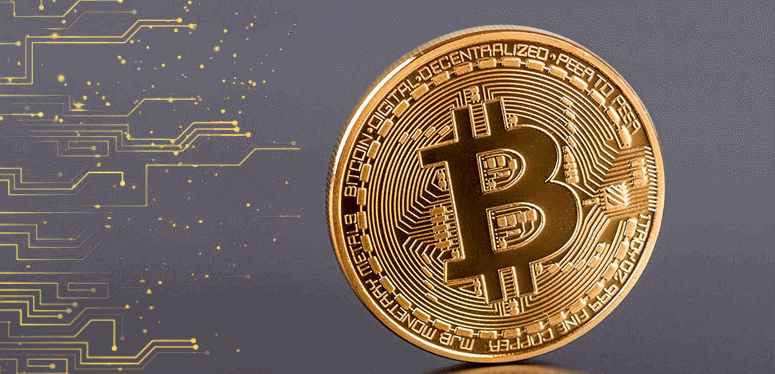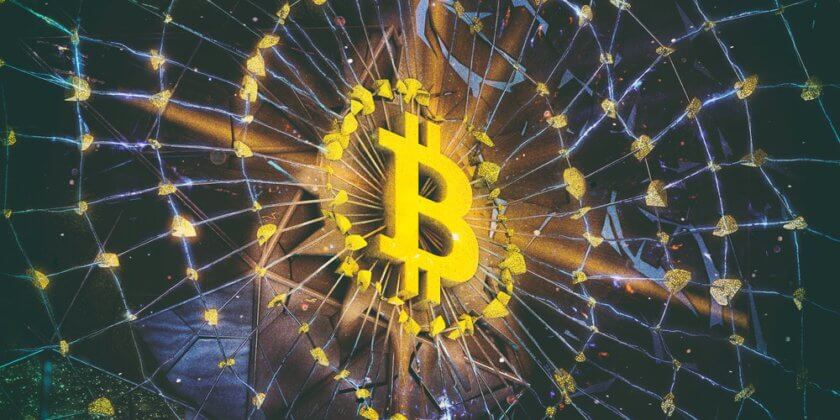The legal stature of Bitcoin and crypto-currencies vary substantially from region to region and still diversifying in many of them.
Other countries have allowed its use while restrictions have been evident in some areas. But In the United States, it is perfectly legal, though many laws that apply to currencies cannot be the same to bitcoin, it denominates as a security and face regulation.
There is a recent case involving the liberty dollar and an officer of the department made the following comment, “It is a violation of federal law to produce private currency systems to challenge the official coinage of the United States.”
In 1998, Bernard Von NotHaus created, printed metal backed currency called the Liberty dollars. He was charged and prisoned of violating Title 18; United States code sections 485,486. These laws deal explicitly with gold and silver coinage that the counterfeit United States and foreign currency, so execution of Bitcoin participants under this prominence would not be applicable due to the digital nature of bitcoins.
Six Countries That Bitcoin is illegal

As the Bitcoin revolution continues to advance throughout the world, there are still some regions where the purchasing or using bitcoin is illegal and gets you in trouble. Some countries have realized the benefits of Bitcoin and cryptocurrencies and have integrated into their economy.
Japan is one of them, and they enacted laws that make’s Bitcoin a legal form of online payment.
Australia has also taken a standpoint in favor of cryptocurrencies and abolished the double –tax that was penalizing average bitcoin users. Other countries perceive the bitcoin system as a disruptive technology. These countries banned the use of bitcoin following the Mt. Gox disaster.
CHECK OUT: Cryptocurrency Vs Fiat ( Cash money)
1. Vietnam
Bitcoin can be used freely by its citizens, but the State Bank of Vietnam proclaimed in February 2014 prohibiting the use of bitcoin. It strongly warned credit institutions in dealing with the cryptocurrency.
2. Iceland
According to a report issued in March 2014 by the Central Bank of Iceland, dealing with Bitcoin may contravene the Icelandic Foreign Exchange Act, which enumerates that Icelandic currency cannot leave the country nor foreign currency used in the country.
3. Bolivia
El Banco Central de Bolivia, Bolivia’s central bank officially restricted all currencies not regulated by the government. The country specified that bitcoin and other currencies do not belong to a state or economic state.
4. Ecuador
It banned bitcoin and any other form of cryptocurrencies in the way of enacting guidelines for the creation of their virtual currency. The Passing of a bill by the parliament of Ecuador amended the country’s financial laws in July 2014, prohibiting cryptocurrencies and granting the government to issue and execute in its asset-backed “electronic money.”
5. China
China is a complex situation. On one hand, China is the biggest trader of Bitcoin in the market and even their government does sizable investment in the crypto market. On the other hand the government has banned the use of cryptocurrency as a mode of payment. This is like a double edged sword, but experts believe it’s all about regulations and China is very much on board about digital currencies.
6. Bitcoin in Taiwan
Taiwan has taken a very “matter of fact” stand on Bitcoin. Simple logic: it cannot be accessed through an ATM, therefore, it is not a currency and therefore it is illegal.
Apart from the United States, Japan, and Australia, other countries such as Canada, the European Union, Finland, Belgium, UK, and Bulgaria accept the use and transaction of Bitcoin in a more holistic manner.
LOOK AT: John McAfee Says Governments are Scared of Bitcoin
Though these governments allow the use of Bitcoin, it is evident for instance, in the US during the 19th Century, of laws that restricted the creation of other currencies.
At that time, there existed many shortages of small denomination US coins; due to aggregation of coins worth more than their nominal value led to firms issuing private currencies. To discourage the rampant circulation of those coins, the Congress passed the stamp payment act, section 2. It stated that whoever circulates any note or other obligation for a less sum than $1 or intends to distribute it as money, shall be fined under this law or face an imprisonment of more than six months or both.
Terming of a Bitcoin as security is due to its digital nature. This concept automatically subjects bitcoins to regulation and anti-fraud provisions. There are also other issues which may arise in future, including money laundering and tax evasion.




